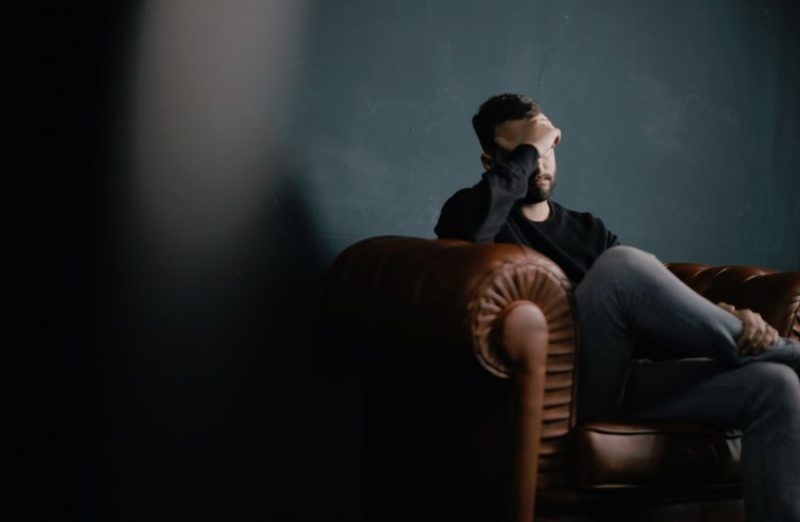Watching someone you love battle a drug or alcohol addiction can be excruciating. When your pleas for them to get help are ignored or they deny there is a problem, your family may decide it’s time for an intervention. You plan, you get everyone there and your goal is for your loved one to willingly enter a treatment program. But it doesn’t go as planned. So, what’s next? What do you do when and intervention doesn’t work?
The Facts
According to the National Survey on Drug Use and Health, in 2017 an estimated 20.7 million people aged 12 or older needed substance use treatment. Yet, only about 4 million of those people had received any substance use treatment in the past year.
That’s a staggering number and underscores the reality of how difficult it can be to get an addict to seek help.
The question is why? Some of the more common reasons an intervention doesn’t work include:
- Denial: Your loved one may truly think they have things under control.
- Lack of consequences: You often hear an addict has to hit rock bottom in order to realize they need help. While not entirely true, if their addiction hasn’t caused them serious consequences so far, they may not think it’s a big deal.
- Fear of withdrawal: We’ve all heard the horror stories and your loved one may think they’d rather take their chances with the addiction than the difficulties of withdrawal from alcohol or drugs.
Next Steps When Your Intervention Doesn’t Work
It’s important to keep in mind that, even if unsuccessful, your intervention did not fail. Your efforts were not lost because you had to try. So, where do you go from here?
- Use this as a learning opportunity: Consider what reasons led to the outcome of your intervention and what you could have done differently. Use that understanding to set realistic expectations going forward as more than one intervention may be needed before your loved one agrees to get the help they need.
- Follow through: Each person involved in the intervention should have agreed upon consequences for your loved one in the event they did not seek addiction treatment. Those consequences should have been made clear to your loved one during the intervention. Now is the time to show how serious you were by implementing them whether it be cutting off financial support, having them move out, cutting ties or other deterrents.
- Seek professional help: A professional interventionist can not only be an objective third party who can help de-escalate the stress and guide your loved one toward treatment, their expertise can be invaluable throughout this difficult time. They can help with everything from finding the right treatment program, advocating for your loved one, educating the family on what to expect, following recovery progression and assisting in developing an aftercare plan to support recovery.
Don’t Give Up
You’ve taken a positive step in supporting your loved one’s recovery even though the intervention didn’t have the result you’d hoped. Letting your loved one know you won’t be enabling them and allowing them to experience the consequences of their addiction is a strong motivator to make a change.
If, and when, you’re ready to plan another intervention, our compassionate and experienced team is here to help. Call 800-335-0316 or email us at info@heatherhayes.com to learn more.


